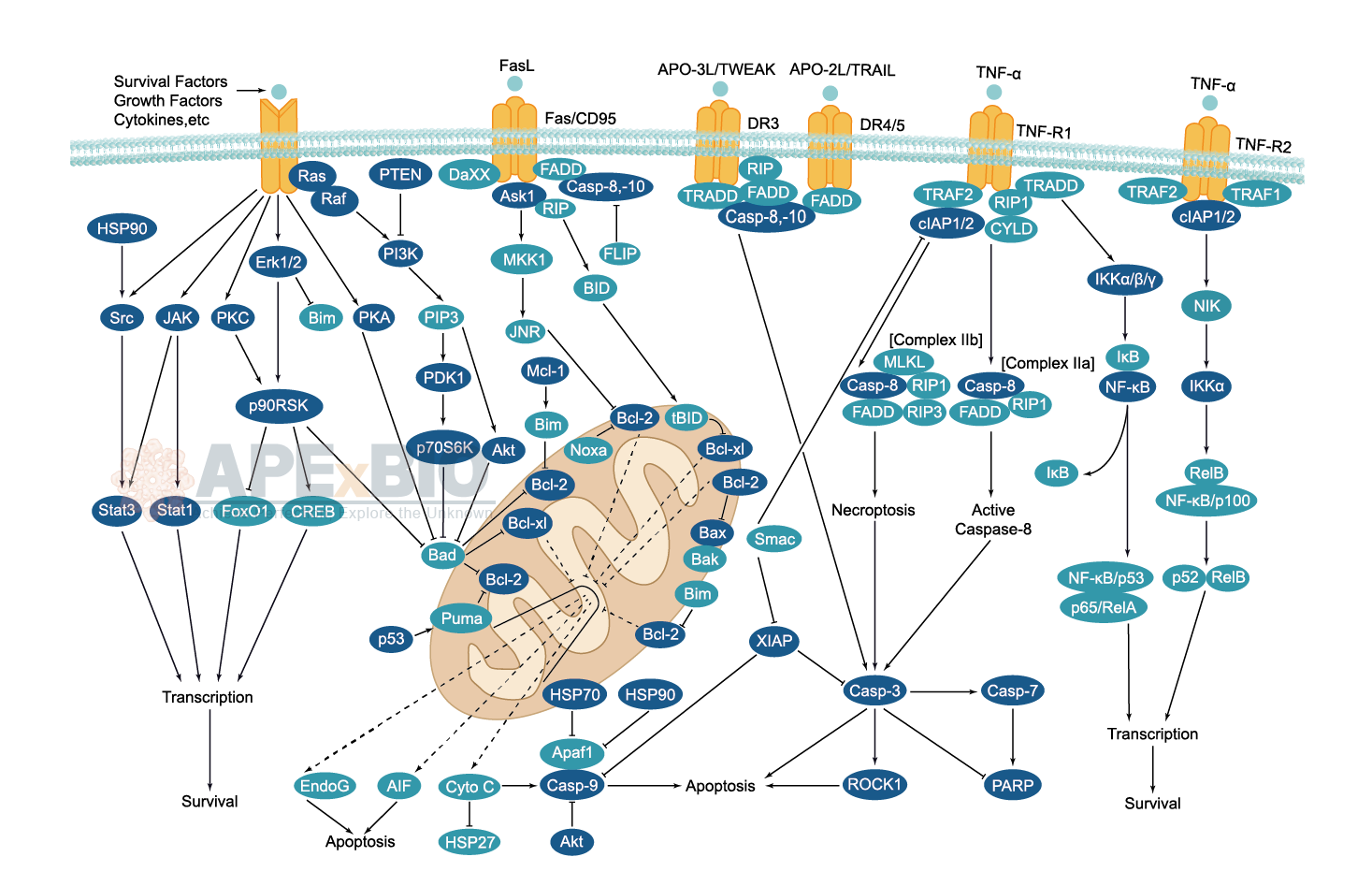Apoptosis
Apoptosis, also known as programmed cell death, is rigorously controlled process of cell death that leads to phagocytosis of unwanted cell. It is triggered after sufficient cellular damage and activated through extrinsic or intrinsic pathways. The intrinsic pathway is mainly occurs via release of cytochrome c from the mitochondria and regulates mitochondrial outer membrane permeabilization by Bcl-2 family proteins. The extrinsic pathway is induced by ligand binding to death receptor, such as Fas, TNFαR, DR3, DR4, and DR5. Caspases then cleave target proteins and nuclear lamins to promote DNA degradation, resulting apoptotic cells undergo phagocytosis. In addition, p53 has the ability to activate intrinsic and extrinsic pathways of apoptosis by inducing transcription of several proteins like Puma, Bid, Bax, TRAIL-R2, and CD95.
Some Inhibitors of apoptosis proteins (IAPs), such as XIAP/BIRC4 and Bruce/BIRC6, can block casapse activity through direct binding, while other IAPs, such as cIAP1/BIRC2, cIAP2/BIRC3, act as ubiquitin ligases that target caspases for ubiquitin-mediated degradation. Apoptosis is essential for growth, development and aging in multicellular organisms. Any alterations or abnormalities occurring in apoptotic processes contribute to development of human diseases, including cancer.
-
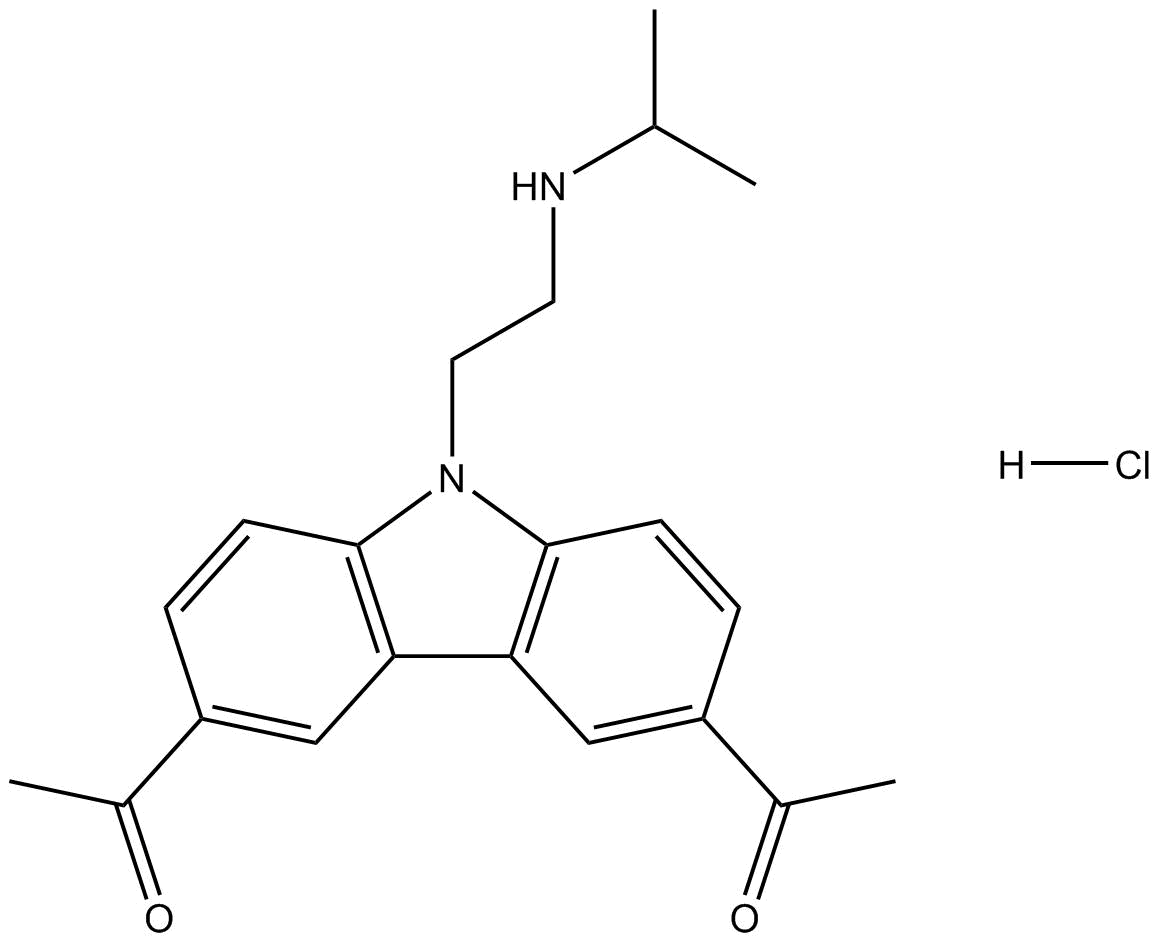 C3192 CBL0137 (hydrochloride)Summary: curaxin that activates p53 and inhibits NF-κB
C3192 CBL0137 (hydrochloride)Summary: curaxin that activates p53 and inhibits NF-κB -
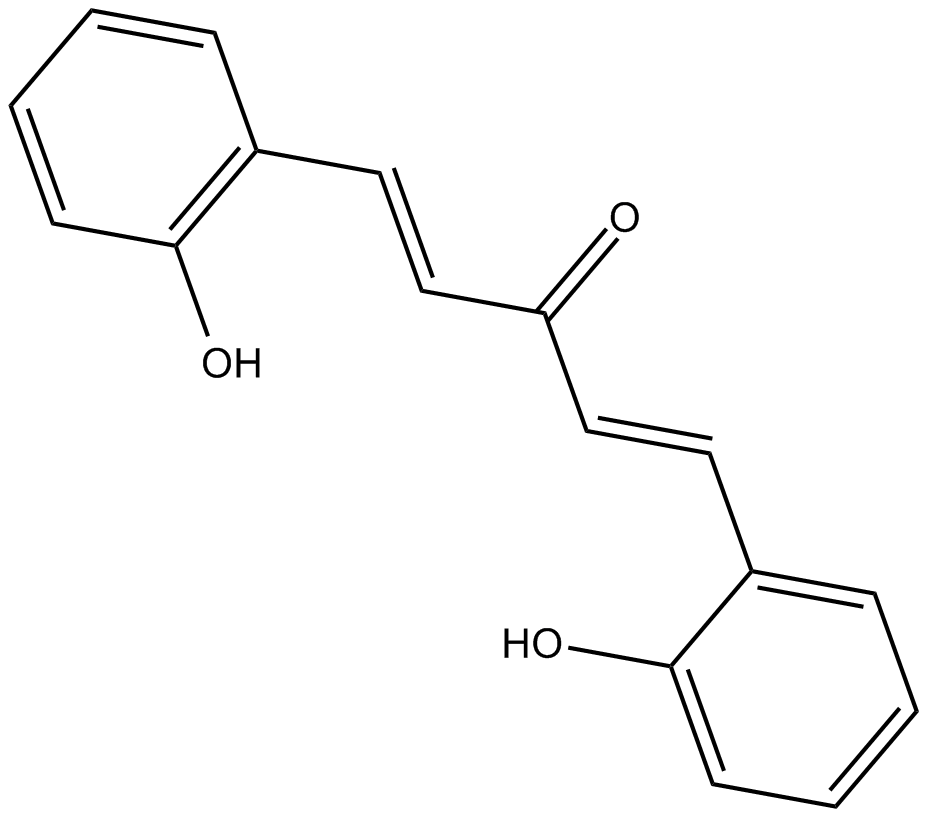 C3234 2-HBASummary: indirect inducer of enzymes that catalyze detoxification reactions through the Keap1-Nrf2-ARE pathway.
C3234 2-HBASummary: indirect inducer of enzymes that catalyze detoxification reactions through the Keap1-Nrf2-ARE pathway. -
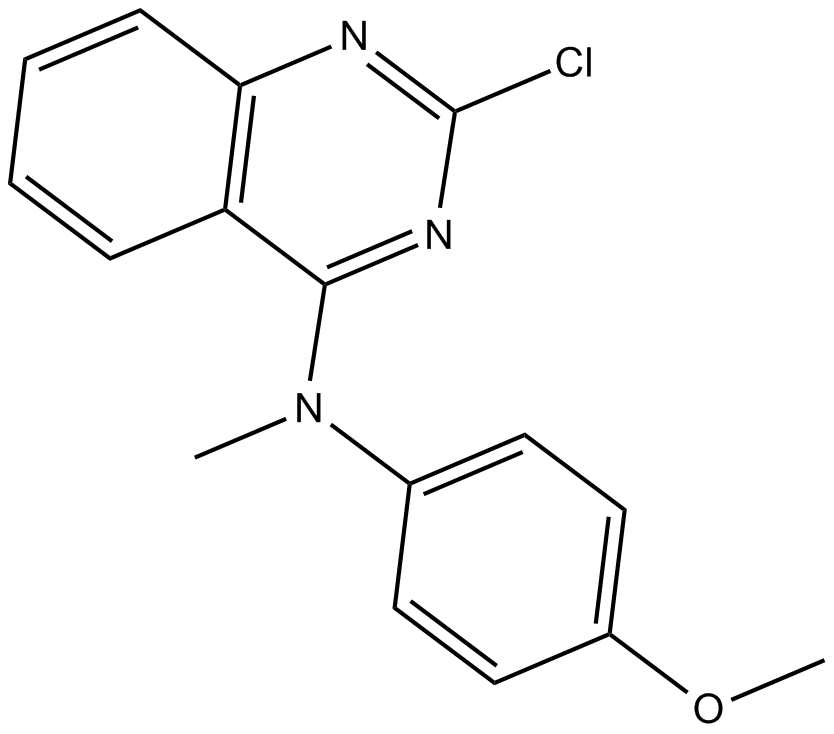 C3296 MPI-0441138Summary: inducer of apoptosis and growth inhibition
C3296 MPI-0441138Summary: inducer of apoptosis and growth inhibition -
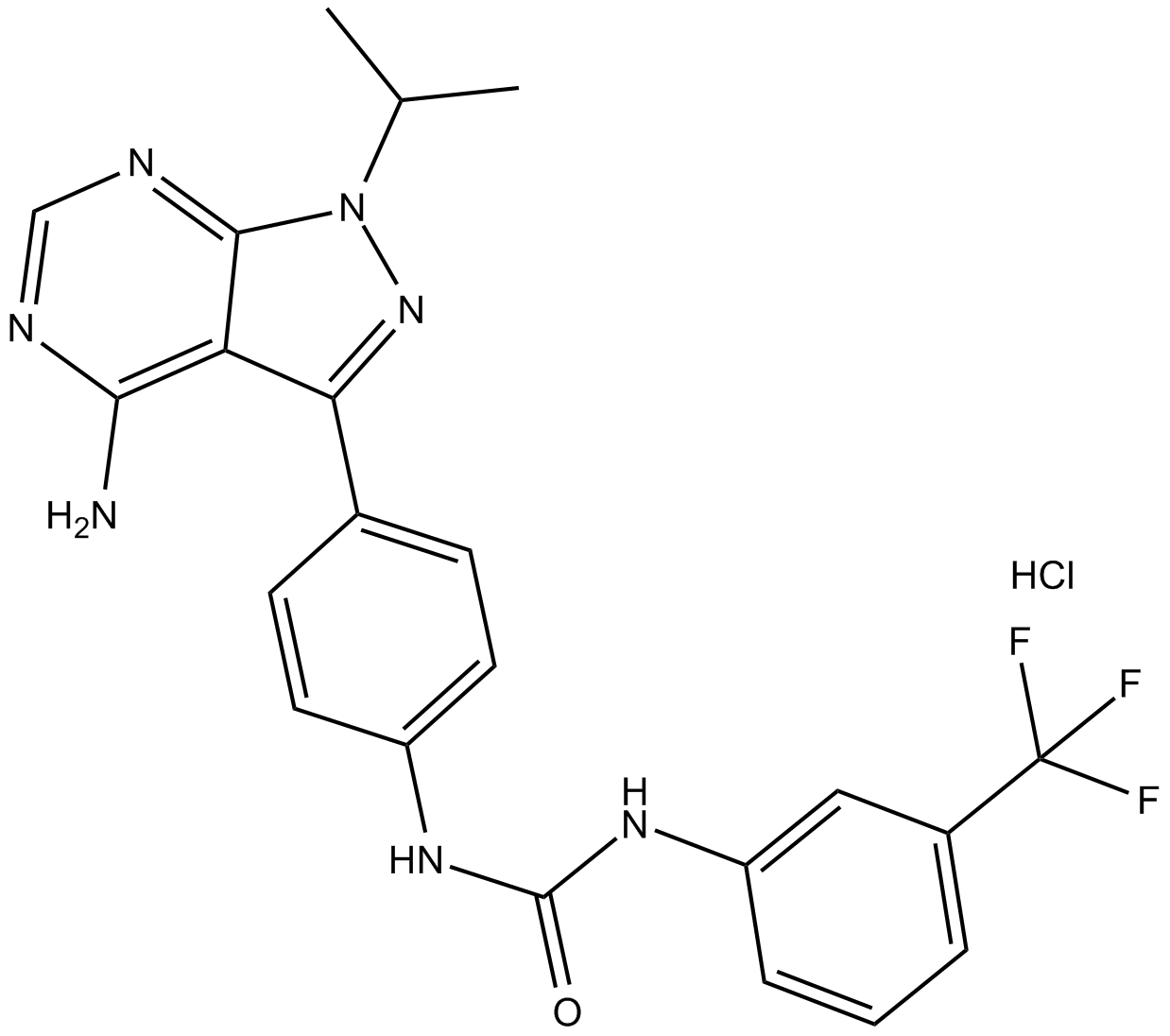 C3080 AD57 (hydrochloride)Summary: polypharmacological cancer therapeutic that inhibits RET.
C3080 AD57 (hydrochloride)Summary: polypharmacological cancer therapeutic that inhibits RET. -
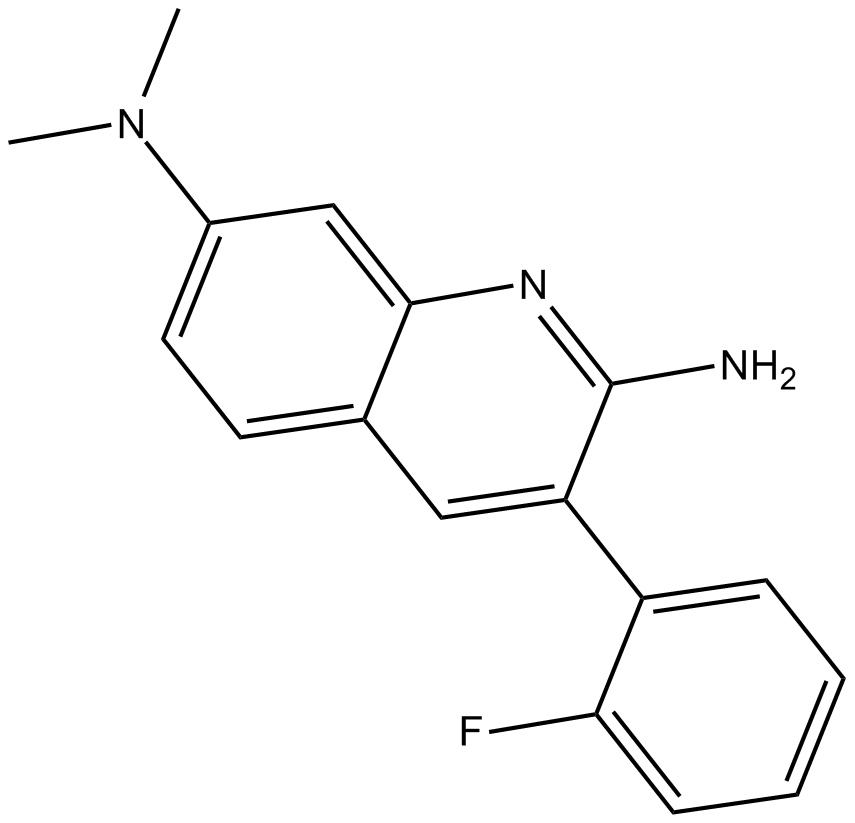 C3520 Arylquin 1Summary: potent secretagogue of the tumor suppressor protein prostate apoptosis response-4 (Par-4)
C3520 Arylquin 1Summary: potent secretagogue of the tumor suppressor protein prostate apoptosis response-4 (Par-4) -
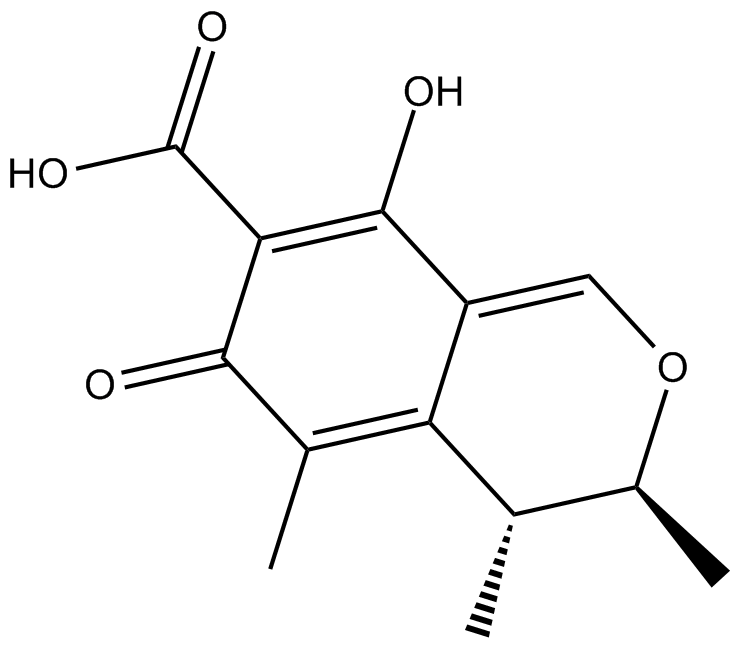 C3528 CitrininSummary: mycotoxin that induces apoptosis and blocks tubulin polymerization as well as mitotic spindle assembly
C3528 CitrininSummary: mycotoxin that induces apoptosis and blocks tubulin polymerization as well as mitotic spindle assembly -
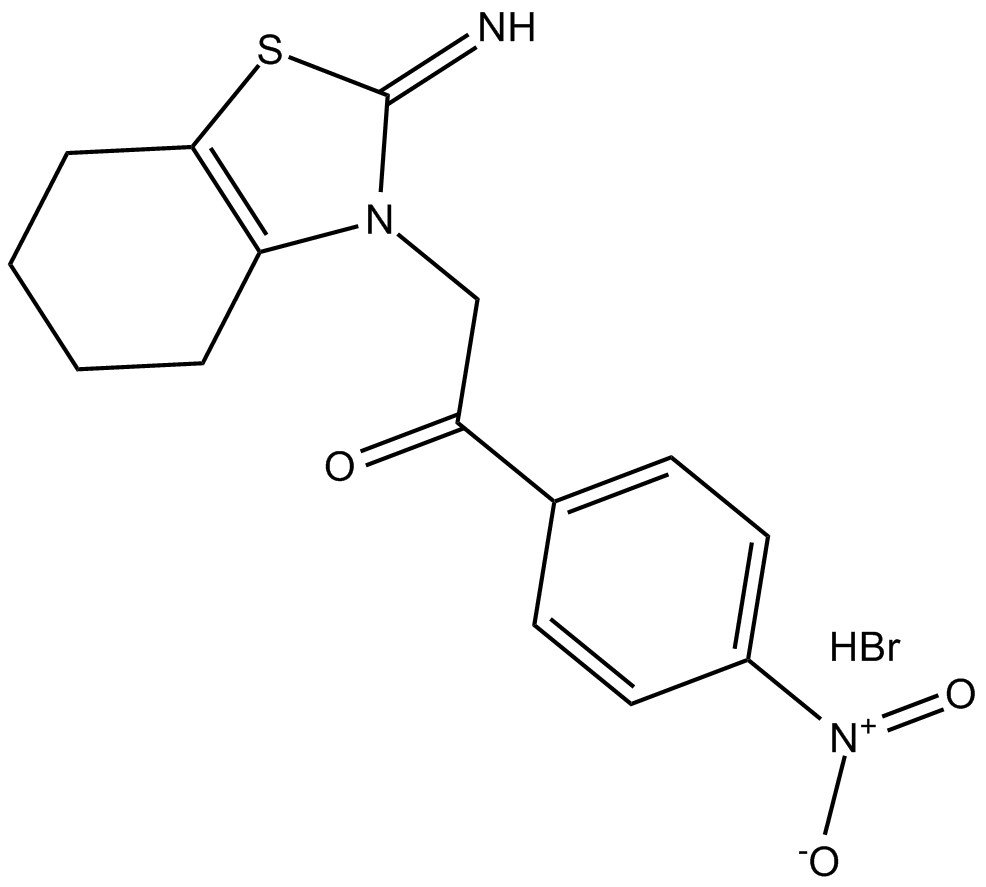 C3846 p-nitro-Pifithrin-α1 CitationSummary: inactivator of p53
C3846 p-nitro-Pifithrin-α1 CitationSummary: inactivator of p53 -
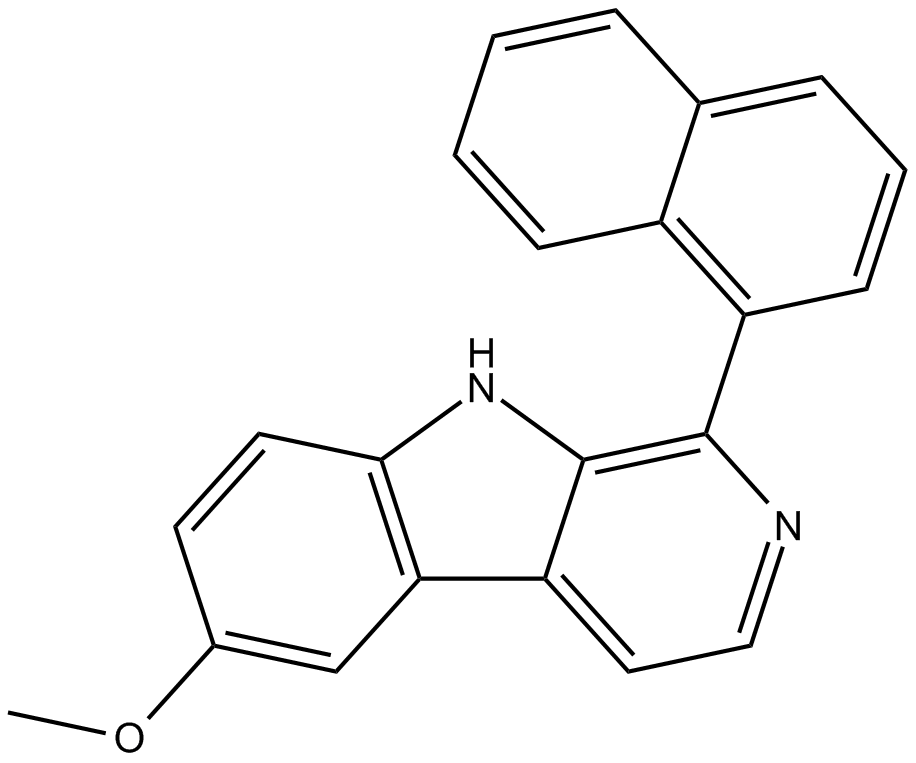 C4120 SP 141Summary: Mdm2 inhibitor
C4120 SP 141Summary: Mdm2 inhibitor -
 C4165 CRT5Summary: PKD1, PKD2, and PKD3 inhibitor
C4165 CRT5Summary: PKD1, PKD2, and PKD3 inhibitor -
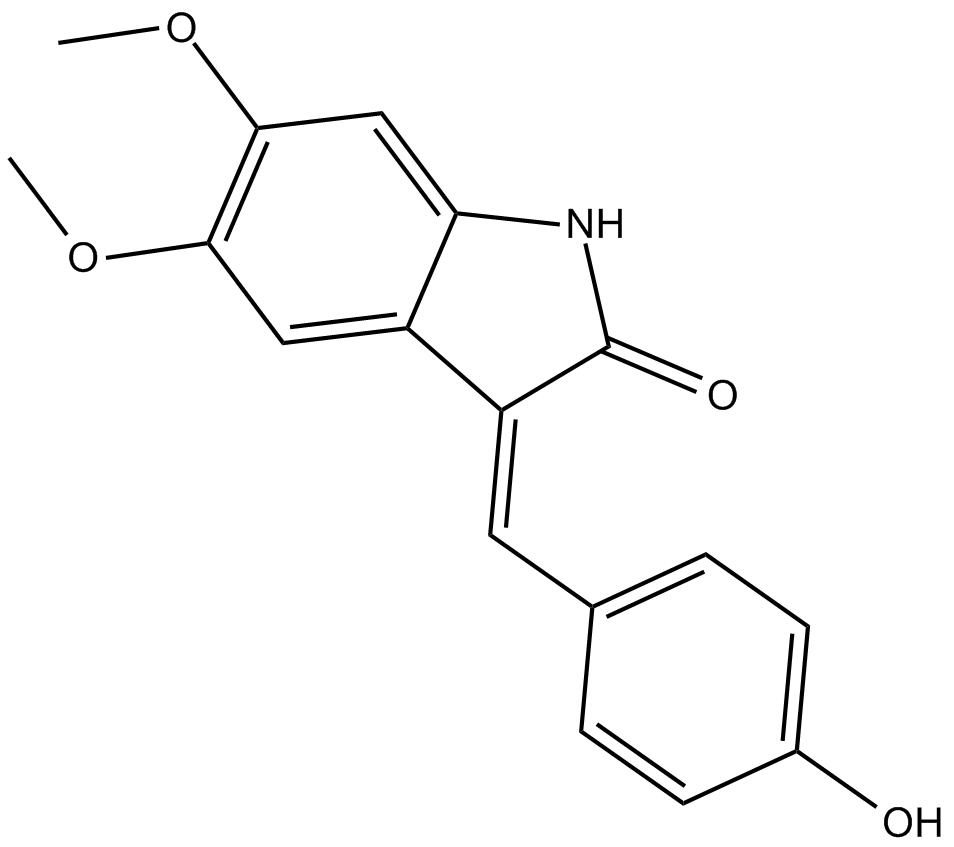 C4239 RPI-1Summary: ATP-dependent RET kinase inhibitor
C4239 RPI-1Summary: ATP-dependent RET kinase inhibitor


